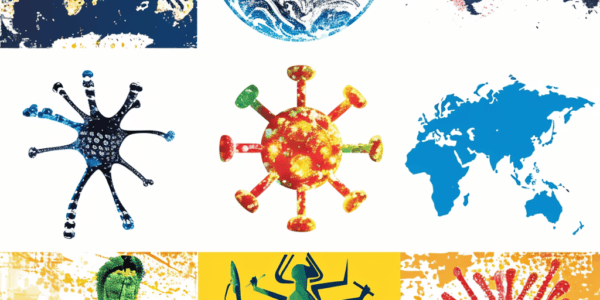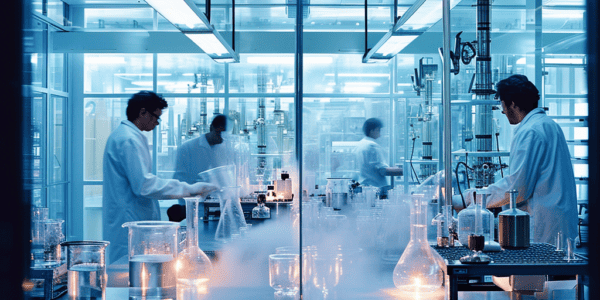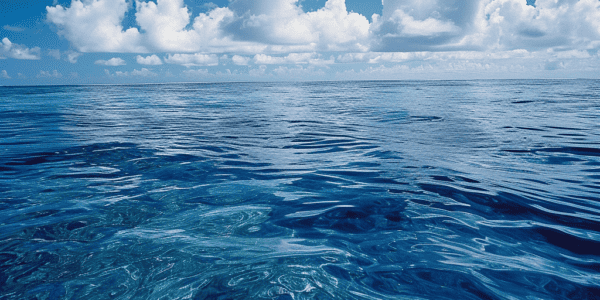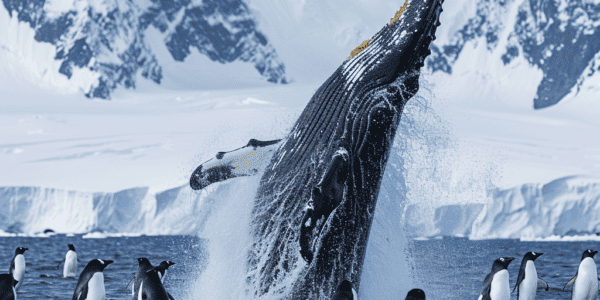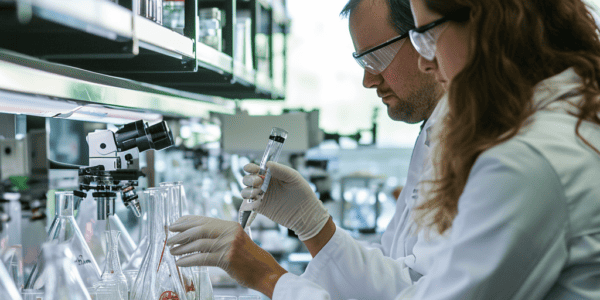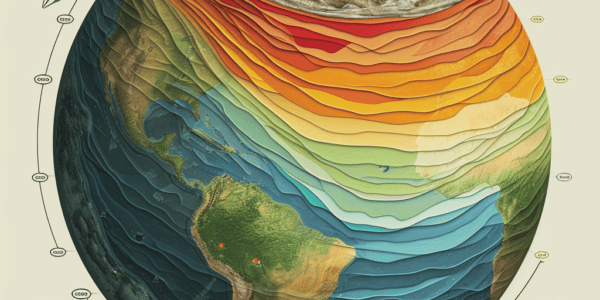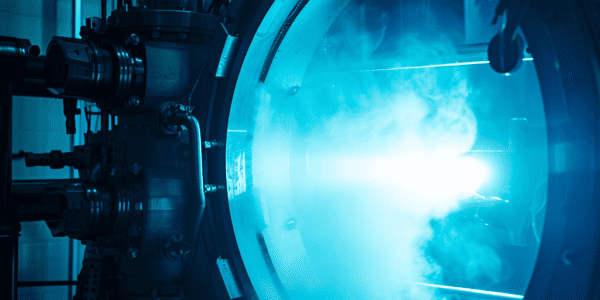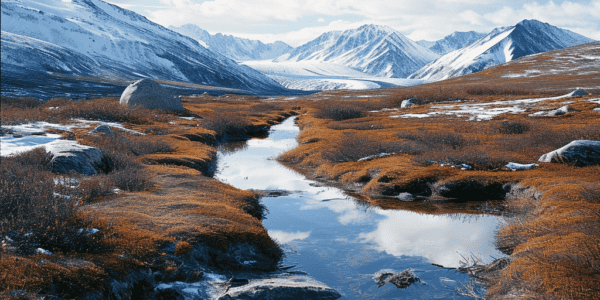The Interconnected Crises: Global Biodiversity Loss and Climate Change
CLIMATE & ENVIRONMENT The Interconnected Crises: Global Biodiversity Loss and Climate Change By: Salman Akhtar Published: January 16, 2024 at 8:42 pm EST | Updated: Jan 17, 2024 at 8:36 am EST In a powerful plea echoed across 200 health…
The Global Health Impact of Major Disease Outbreaks in 2023
As the year 2023 came to a close, it was marked by the resurgence of numerous diseases, leaving an indelible imprint on global public health. The ten major outbreaks that unsettled the world included the persistent COVID-19, the emergence of…
ETH Zurich Researchers Unveil Groundbreaking Light-Based Method for Capturing Greenhouse Gases
This week, researchers at ETH Zurich have unveiled a groundbreaking method for capturing greenhouse gases using light. The new process, developed by a team led by Maria Lukatskaya, professor of electrochemical energy systems, utilizes the differences between dark and light…
Challenging the Misconception of Ocean Carbon Storage
In a recent opinion paper, Dr. Ivy Frenger and her international colleagues have challenged a common misconception in the field of ocean carbon storage. The Biological Carbon Pump (BCP), which plays a vital role in the Earth’s carbon cycle, is…
Antarctica’s Coastal Waters May Double in Acidity by 2100, Threatening Marine Life
New research from CU Boulder indicates that by 2100, the acidity of Antarctica’s coastal waters may double, severely impacting marine life in the Southern Ocean. This increase in acidity, primarily due to CO2 emissions, threatens the entire ecosystem, including whales…
New Study Reveals Plant Immune System’s Regulation of Iron Uptake
Plants have long been known to have a sophisticated defense system against pathogens. However, a recent study published in Nature sheds light on a new aspect of plant immunity – the regulation of iron uptake. Researchers have discovered that when…
The Impact of Solid Material Injection into the Stratosphere on Climate Change
As the levels of greenhouse gases continue to rise in Earth’s atmosphere, scientists are exploring various methods to temporarily mitigate the impact of climate change. One such method involves the injection of aerosols into the stratosphere to reflect incoming sunlight,…
Atmospheric CO2 at Record High of 419 ppm Due to Human Activities, Study Finds
Scientists have discovered that the concentration of atmospheric CO2 is currently at a record high of 419 ppm due to human activities, particularly the burning of fossil fuels. This has led to the highest levels of carbon dioxide in the…
New Method Developed to Remove Methane from the Air
Researchers from the University of Copenhagen and spin-out company Ambient Carbon have developed a unique method to remove methane from the air, offering a potential solution to reduce greenhouse gas emissions from sources such as livestock housing, biogas production plants,…
Study Reveals Impact of Permafrost Thaw on High-Latitude Food Webs and Carbon Fluxes
Alaska is facing the brunt of climate change, with rapid warming leading to the thawing of permafrost in the state’s interior. This thaw not only releases stored carbon into the atmosphere, exacerbating rising temperatures but also triggers decomposition, potentially impacting…


